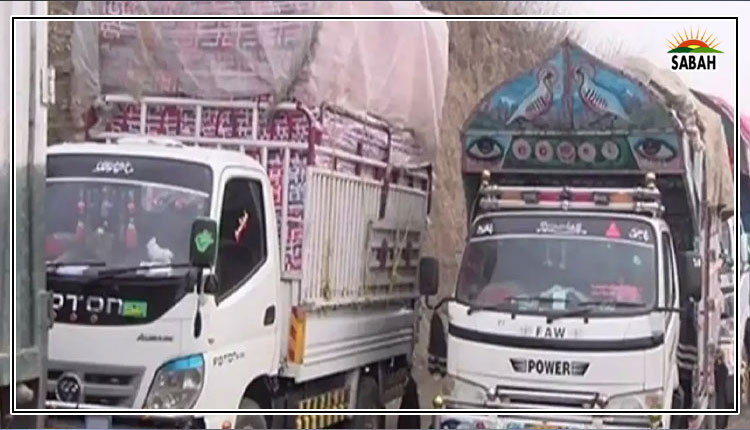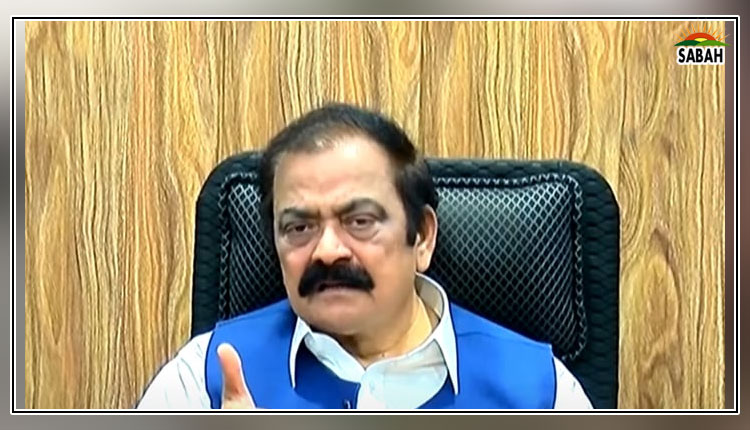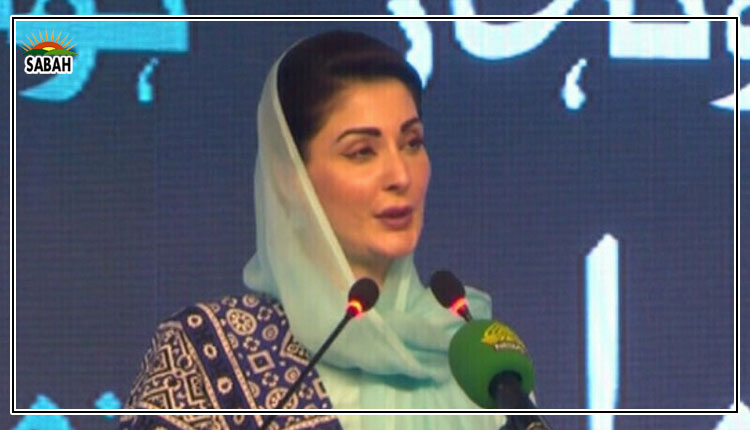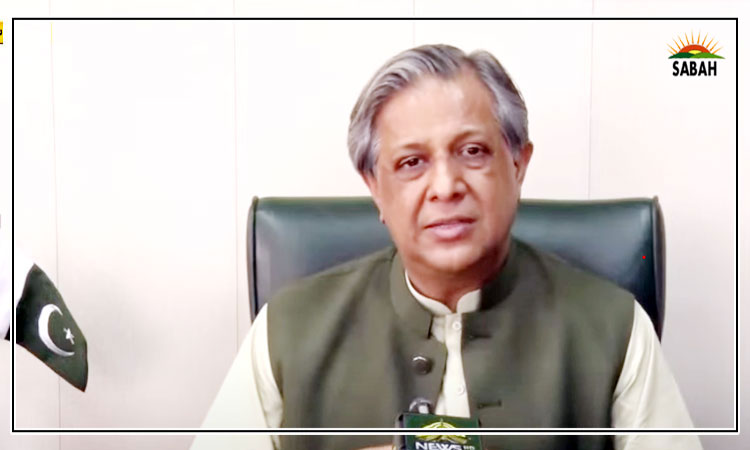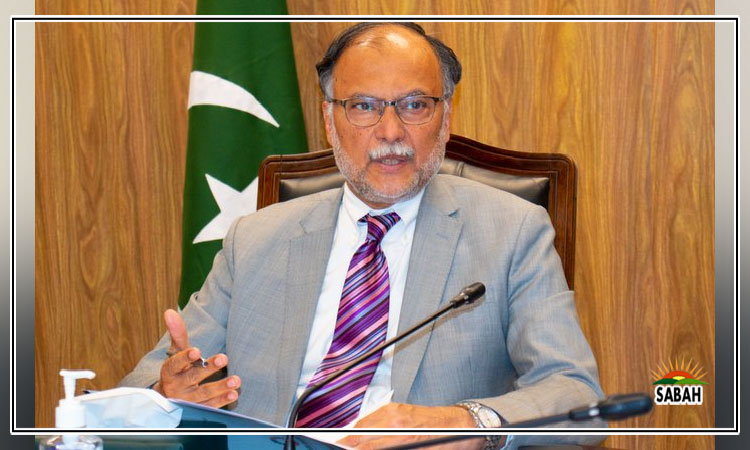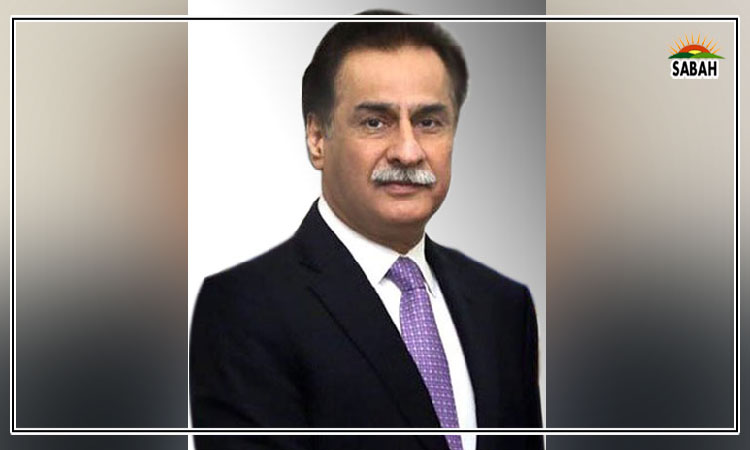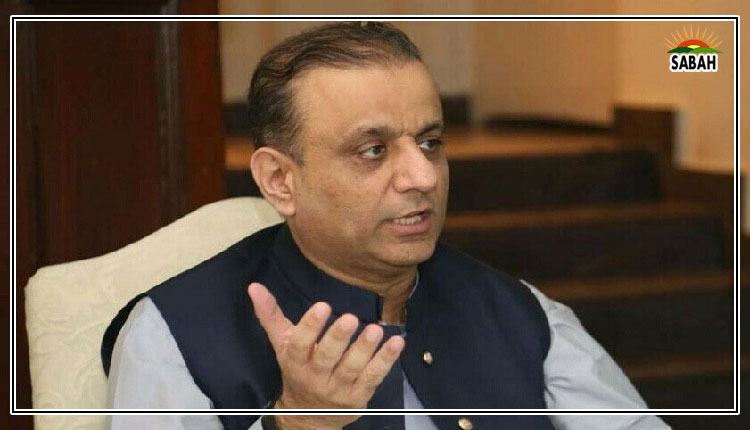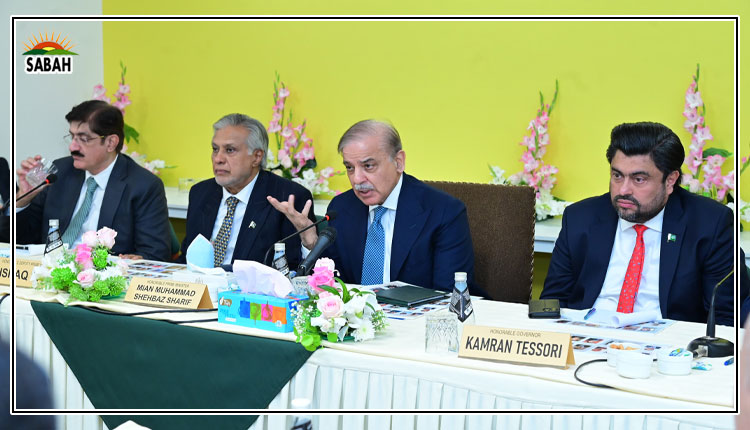Expectations from COP28…Shafqat Kakakhel
The twenty-eighth annual UN conference on climate change (COP28), hosted by the UAE in Dubai from November 30 December 12 will grapple with a daunting agenda concerning the most complex existential crisis facing humankind.
The outcomes of the conference on a set of key issues would indicate the worlds likely prospect of averting the consequences of climate change such as water shortages leading to famines, expanding and deepening poverty, mal-nourishment and ill health, loss of biodiversity, and distressed communities walking with their feet towards near and distant lands in quest of new homes and livelihoods.
The key issues for discussion and negotiation at COP28 are thus: first comes global stocktake; representatives of governments have been examining the actions taken by the international community to achieve the goal of the Paris Agreement on Climate Change (2015) to ensure that the increase in land and ocean temperature due to the excessive concentration of greenhouse gases is limited to a maximum of 1.5C compared with pre- industrial times.
A 46-page synthesis report, released in October 2023 succinctly captures the key findings of the Global Stocktake which had been undertaken in pursuance of the provision of the Paris Agreement for comprehensive reviews of the actions taken by member states for mitigation, adaptation, and the means of implementation and support in the light of best available science. The aim was to identify the successes achieved and the failures encountered in meeting the main objective of the agreement and agree to measures for doing better in the future.
According to the respected think tank, World Resource Institute (WRI), the Global Stocktake was a truly damning report card of current global efforts. But, it added, that the report also offered a blueprint for how governments and corporations should move forward.
The picture sketched by the Global Stocktake is grim: the gaps in global climate action relate to all the major pillars of climate action. They include insufficient mitigation, inadequate adaptation, limited application of technology for renewable energy, lack of accountability in respect of stakeholders with greater responsibility, and inadequate global partnerships.
COP28 has to adopt a decision or declaration on measures to rectify the aforementioned shortcomings.
The WRI has suggested that COP28 adopt a decision addressing the following key elements: one, the world should rapidly and equitably move away from fossil fuels. This transition will require increased funding and enhanced policy and institutional support to developing countries.
Two, transformation of the food and land use systems and protection and restoration of forests. The scientifically credible predictions of a projected uptick in climate-induced extreme events and likely drop of 15-25 per cent in the availability of freshwater and its negative fallout for food production and energy generation can no longer be ignored. The restoration of forests also needs to be pursued with greater determination.
Three, advance action on adaptation and the Loss and Damage funding mechanism. Four, implementation of past pledges made during past COPs relating to cooperation and financial support. At most COPs since the adoption of the Paris Agreement, developed countries have forged cooperative alliances with developing countries, including those for promoting solar energy, and measures to enable developing and least developed countries to cope with the effects of climate change. It is necessary to energize those arrangements for enhanced results.
Five, a process for fixing a new financial goal (treating the $100 billion agreed in the Paris Accord as the floor). Developed countries have thus far failed to fulfill their commitment to provide $100 billion annually for climate-related actions of developing countries; the highest amount mobilised by them was $89.6 billion in 2021 representing a 7.6 per cent increase over the previous year. The possibility of fulfillment of $100 billion in 2024 has been mentioned. At COP28, delegations must agree to a process for fixing the new, higher ceiling, known as the New Collective Quantified Goal (NCQG) which will be formally adopted at COP29 in 2024.
The above measures are the same as those demanded by the Global South during the past three decades. Developing countries will surely reiterate their demands at COP28 with greater conviction and vehemence.
As regards mitigation, COP28 is likely to call for tripling of energy production from renewable sources as initially agreed to by the G20 countries and subsequently upheld by 60 countries, including members of the European Union and, more recently, US President Biden and Chinese President Jinping. However, it would be necessary to agree to effective means of implementation such as money, advice, and technology. Financial and technology support is crucial for most developing countries (like Pakistan) which have plenty of sunshine and wind but lack the technological capacity for using them for generating power.
Then theres adaptation. The inadequacy of means available to developing nations for adapting to the adverse effects of climate change has assumed scandalous dimensions. According to UN estimates, developing countries need financial support worth $340 billion annually by 2030 but the amount received by them is $29 billion only! In Dubai, the Global South will reiterate its demand that half of the allocations by the Green Climate Fund should be earmarked for adaptation.
The funds needed for an efficacious Loss and Damage Fund are estimated at $894 billion by 2030. The fifth meeting of the Transitional Committee for the Loss and Damage Fund in Abu Dhabi has resolved most of the operational issues related to the Fund. But the quantum of funds for the Fund, which has been described by the developing countries as the litmus test for the success of COP28, will have to be agreed at COP28.
COP27 had called on the multilateral development banks (MDBs) and their shareholders to reform policies and practices, align finance, and simplify access to funding while keeping in view developing countries increased indebtedness and growing needs. At their recent annual meeting, the International Monetary Fund (IMF) and the World Bank issued a joint statement reaffirming their intention to boost collaboration, increase financial capacity, use innovative financing and catalyze private finance.
In one of its several commentaries on COP28, the WRI states, candidly:
The time for rhetoric and posturing is over. For this COP28 to be a success, governments, corporations, and others must come prepared to take definitive actions that benefit people, nature, and the climate. The future of the planet and its inhabitants is predicated on heeding this call.
Courtesy The News


